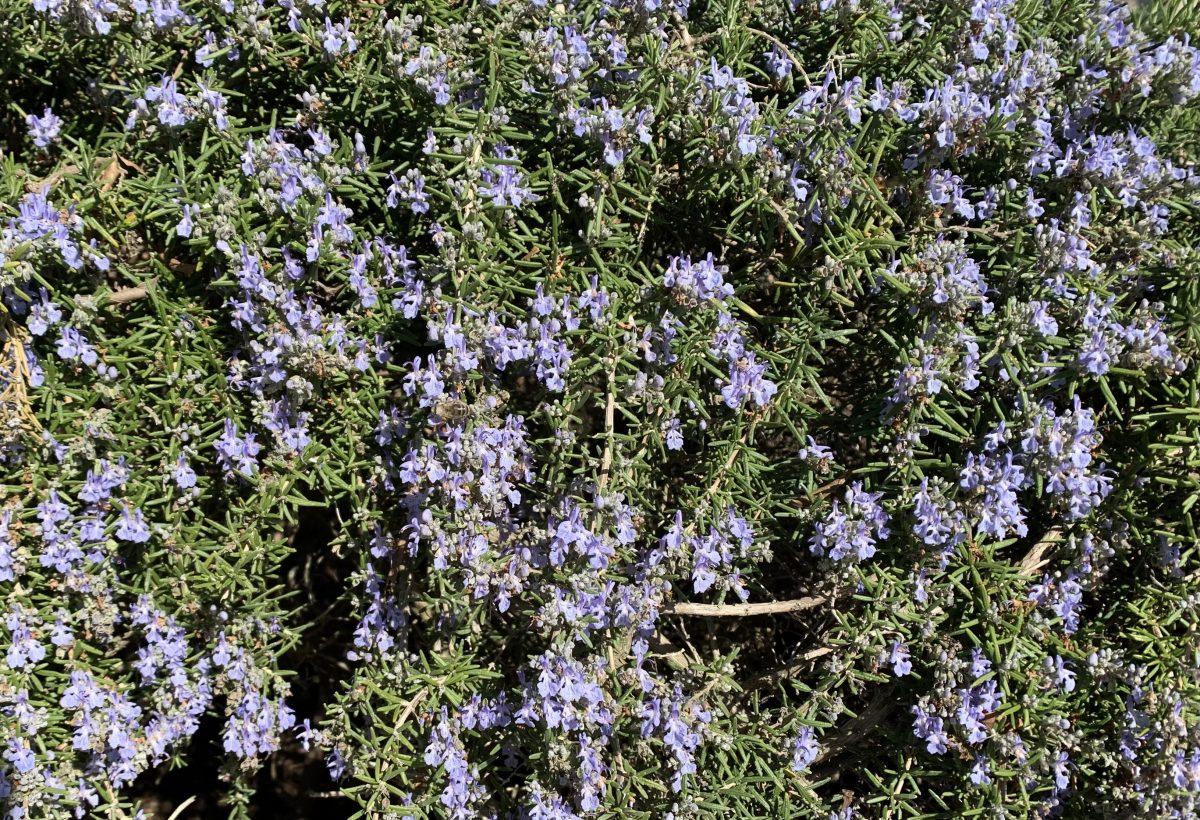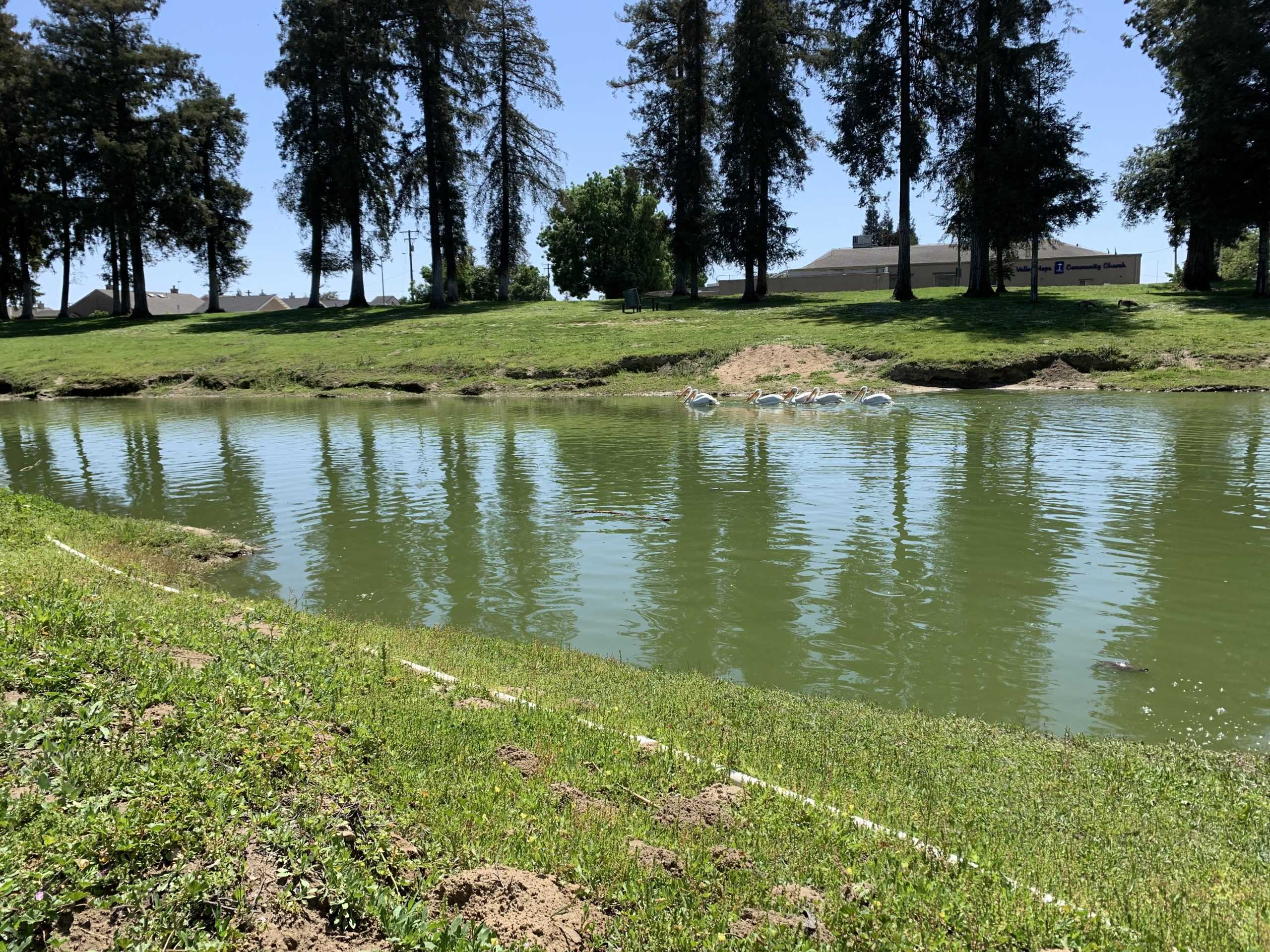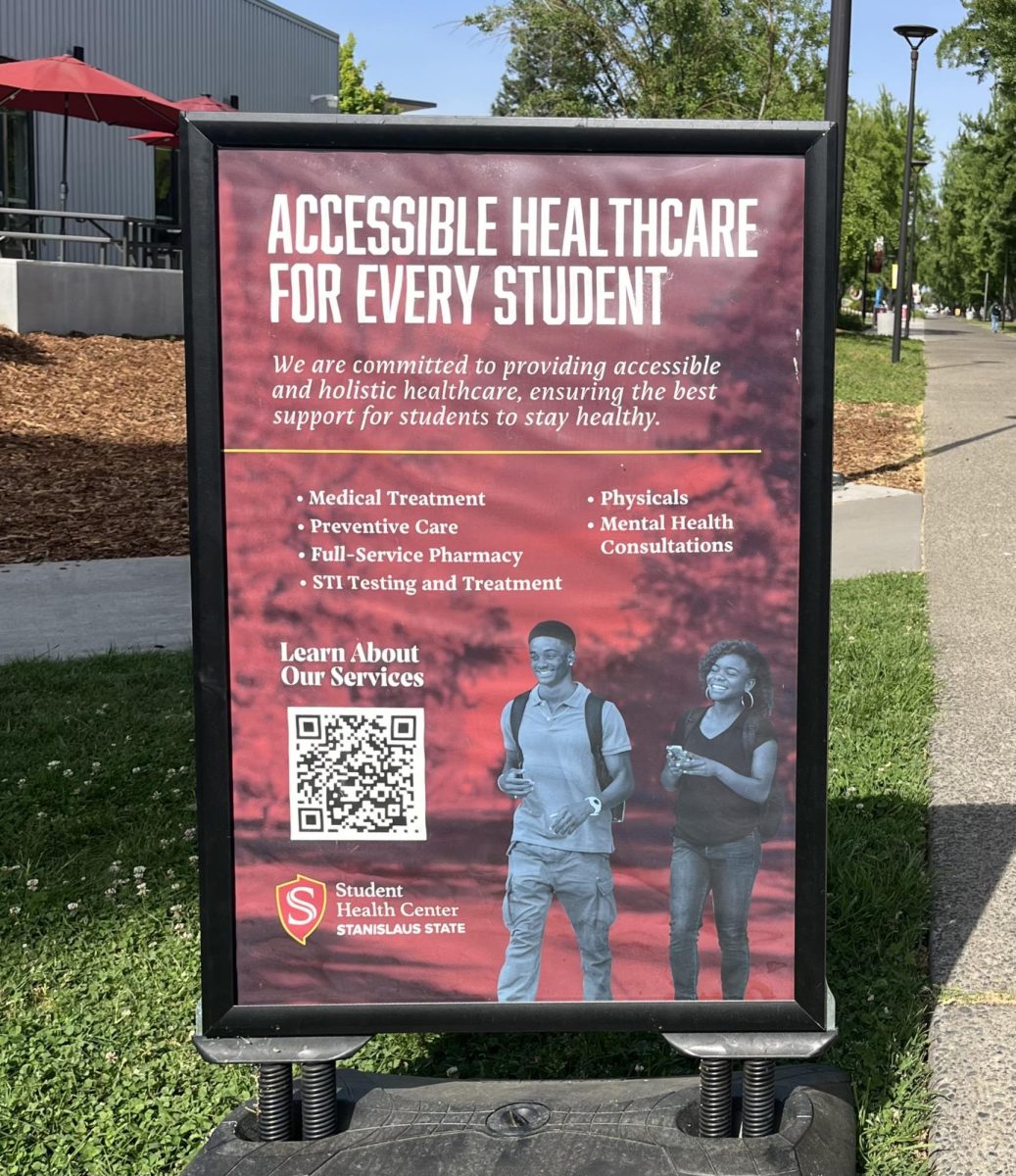The springtime brings with it many things, like blooming plants, warming weather and for students, spring break. One negative aspect of the bountiful springtime, are the allergic reactions many people get that are typically associated with this time of year. Spring, as well as early summer time is when grass and tree pollination levels are at their peak, often causing people to experience symptoms of congestion, itchiness, eye, throat and nasal irritation among other effects.
People react differently to airborne allergens during the springtime, and if symptoms are severe, consider contacting a doctor who may refer you to an allergist.
There is a long list of different plants that may contribute to spring time allergies, with some of those trees being alder, ash, aspen, beech. Some common allergy inducing grasses and weeds include bermuda, fescue and Johnson. Having an idea of which plants cause irritation can be helpful, though it will likely be difficult to intentionally avoid such plants. Pollen’s ability to travel over mile long lengths, makes you susceptible to irritation from pollen that may not even originated anywhere near you.
Pollen counts tend to be particularly high on windy days when pollen particles are carried over long distances through the air. Rainy days on the other hand work to wash away many allergens, but will cause a sharp increase in pollen production for most plants in the following days of said rainfall.
With what we know about pollen and airborne allergens, here are some preventative measures one can take in order to reduce one’s contact with pollen:
-
Staying indoors when possible, especially during mornings when pollen counts are at their highest.
-
Keeping doors and windows shut to keep allergens out.
-
Clean home air filters, and places that pollen commonly collects including book shelves, dressers, windows and air vents.
Public Health Nurse Pamela Garcia of Sutter Health offered some advice on how to reduce or avoid the effects of springtime allergens.
“Speaking from experience with a family full of seasonal allergies, we’ve tried everything to help with seasonal allergies. We have a list of things we’ve done and what has helped,” Garcia said.
Garcias’s list includes:
-
Daily Allergy Medications such as Zyrtec or Claritin.
-
Using Flonase nasal spray.
-
Using a “Neti Pot” for nasal saline rinse.
-
Avoiding outdoors during high pollen counts.
-
Keeping windows at home, and in car closed.
-
Wearing a mask
Stanislaus State’s Student Health Center may be able to provide campus community members with resources. More information on the Health center and their available services can be found at www.csustan.edu/student-health-center/clinical-services.








